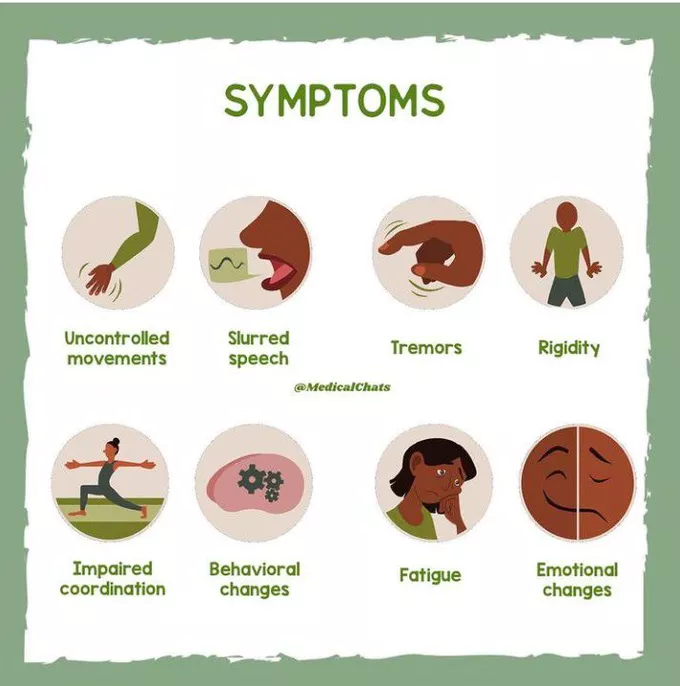8 Essential Tips You Should Know About Huntington's Disease
Huntington's disease (HD) is a rare but devastating neurodegenerative disorder that affects approximately 1 in 10,000 people worldwide. It is characterized by a progressive loss of motor control, cognitive decline, and psychiatric symptoms. Despite being a challenging condition, there are ways to manage and cope with the disease effectively.
In this blog, we'll explore eight crucial tips that everyone should know about Huntington's disease to better understand the condition and provide support to those affected.
1 Understanding the Genetic: disease is an inherited disorder caused by a faulty gene, known as the huntingtin (HTT) gene, located on chromosome 4. Each child of a parent with HD has a 50% chance of inheriting the defective gene. A genetic test is available to identify the presence of the HTT gene mutation. It's essential to undergo genetic counseling and testing to assess the risk and make informed decisions about family planning.
2 Early Diagnosis and Intervention: Early diagnosis of Huntington's disease is vital for initiating appropriate medical care and support. The initial symptoms can be subtle, such as slight motor disturbances or mood swings. If you suspect HD, consult a neurologist experienced in movement disorders. Early intervention can help manage symptoms and improve the quality of life for the affected individual.
3 Symptom Management: HD affects individuals differently, but common symptoms include involuntary movements (chorea), muscle rigidity, balance issues, and cognitive problems. While there is no cure for HD, various therapies and medications can help manage symptoms and improve daily functioning. Physical therapy, occupational therapy, and speech therapy can all be beneficial in maintaining motor function and communication abilities.

4 Psychological and Emotional Support: Coping with a neurodegenerative disorder like HD can be emotionally overwhelming. Both patients and their caregivers can experience anxiety, depression, and feelings of isolation. Seeking counseling or joining support groups can provide emotional support, reduce stress, and offer valuable insights into coping strategies. A strong support network can make a significant difference in the well-being of everyone involved.
5 Financial Planning and Legal Matters: As the disease progresses, individuals with HD may face challenges in managing their finances and making sound decisions. It's crucial to plan ahead and establish legal matters early on, such as appointing a power of attorney and setting up healthcare directives. Consulting a financial advisor and an attorney experienced in elder law can help ensure the necessary arrangements are in place.
6 Adaptive Technologies and Assistive Devices: Adaptive technologies and assistive devices can significantly improve the quality of life for individuals with Huntington's disease. From mobility aids like canes or walkers to communication devices that facilitate interaction, these tools can help individuals maintain independence and engage with the world around them.
7 Genetic Testing for Family Members: If a family member has been diagnosed with HD, other relatives may also be at risk of carrying the HTT gene mutation. Encouraging family members to consider genetic testing can help them make informed decisions about their health and future plans. Remember to approach the topic sensitively, as some family members may feel uneasy discussing genetic testing.
8 Advocacy and Awareness: Advocating for Huntington's disease research, funding, and awareness can have a significant impact on the lives of those affected. Participating in fundraisers, walks, or events organized by HD organizations can contribute to ongoing research efforts and support services for HD patients and their families.
Huntington's disease is a challenging condition that requires understanding, support, and proactive management. By staying informed about the genetic basis, seeking early diagnosis, managing symptoms effectively, and providing emotional and practical support, we can create a more compassionate and caring environment for those living with HD. Together, we can work towards improving the lives of individuals and families impacted by this debilitating neurodegenerative disorder.


